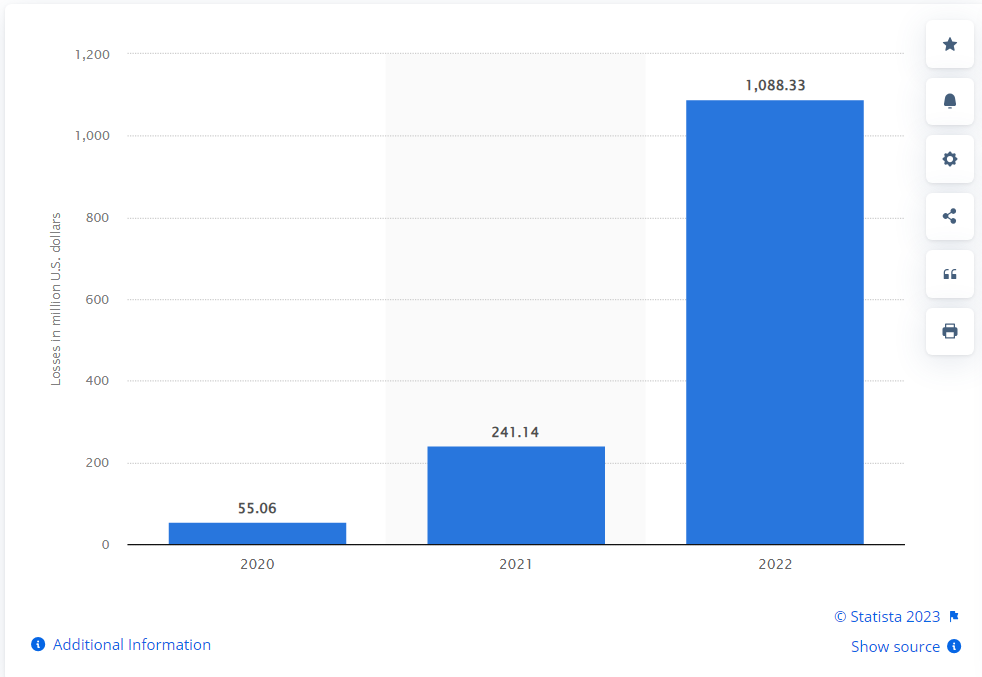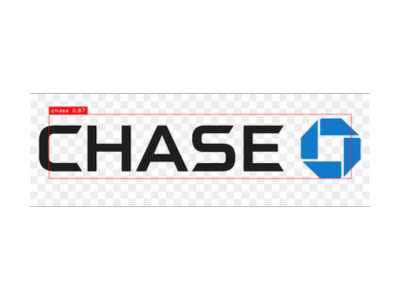As scams targeting older Americans through cryptocurrencies rise to an expected $1.088 billion by 2022 [1], it’s clear that keeping crypto wallets safe is crucial. Cryptocurrency payments are hard to track, especially when using wallets, making them a top choice for cybercriminals.

Protecting these wallets becomes essential in fighting these scams and keeping people’s money safe. In this article, we explain what a crypto wallet is, explore the challenges of securing it, and discover effective strategies to safeguard your cryptocurrencies online.
A crypto wallet: What is it?
A cryptocurrency wallet acts as a secure locker for your digital assets, saving the essential keys (private and public keys) required to manage and access your holdings on the blockchain, allowing you to send and receive cryptocurrencies like Bitcoin and Ethereum.
To simplify, think of your public key as your wallet’s address, while your private key serves as the unique code for unlocking it. When someone sends you cryptocurrency, they transfer it from their address to yours, requiring knowledge of your public key. To spend or access your funds, you use the private key corresponding to your public key.
Sending cryptocurrencies from one wallet app to another is a straightforward process within the digital currency landscape. It starts with having the public address of the recipient’s wallet. Within the sending wallet app, users can access the “send” or “transfer” feature, where they input the amount of cryptocurrency to be sent and paste or scan the receiving wallet’s address. Users confirm the transfer after verifying the transaction details, such as the recipient’s address and the amount [2].
Cryptocurrency wallet attacks
Cyber wallet attacks encompass various strategies employed by hackers to compromise cryptocurrency wallets and steal digital assets. These attacks can take several forms:
1. Phishing: Hackers create fake websites, apps, emails, or social media accounts mimicking legitimate wallet services, for example, technical support, to trick users into providing their login credentials or private keys.
2. Malware and viruses: Malicious software infects devices, enabling hackers to gain unauthorized access to wallet information stored on the device and steal private keys.
3. Brute Force Attacks: Hackers attempt to guess private keys or passwords through automated trial-and-error methods to gain access to wallets.
4. Exchange Hacks: Certain individuals who own cryptocurrencies opt to oversee their digital assets through coin exchanges. These platforms serve as online avenues for facilitating the trading and storage of various coins. Cybercriminals target centralized exchanges, where many users store their cryptocurrencies, exploiting vulnerabilities in the exchange’s security systems to steal funds [source].
Signs your crypto wallet is hacked
Detecting a hacked crypto wallet requires keen observation of certain indicators [3] [4].
1. Unrecognized Transactions: Check the history for unfamiliar outgoing transactions. Sudden transfers or withdrawals you didn’t initiate could signify unauthorized access.
2. Balance Discrepancies: An unexpected decrease in your crypto balance without corresponding outgoing transactions might indicate unauthorized activity or theft.
3. Login Anomalies: Notifications of repeated failed login attempts or successful logins from unrecognized devices or IP addresses could signal a breach of security of the login information.
4. Unexplained Changes: Any wallet settings alterations, such as security features or added addresses, might indicate unauthorized access.
5. Warnings: Pay attention to security warnings or alerts from your wallet provider, as they might indicate potential breaches or suspicious activity.
What to do if your crypto wallet is compromised
If you suspect that your cryptocurrency wallet has been compromised, it is important to take immediate action. Firstly, disconnect the affected device from the internet to prevent any further unauthorized access. Next, change all associated passwords quickly, including those for the compromised wallet and any linked accounts, as a measure to block potential intruders. Notify your wallet provider or the relevant support team about the suspected breach so they can investigate and potentially secure your account. Consider freezing or locking your account temporarily until the issue is resolved.
It is crucial to act promptly in such situations to protect your cryptocurrency holdings from potential losses [4].
Tips to secure a crypto wallet:
Securing your cryptocurrency wallet involves several crucial measures [5]:
- Strong Passwords and 2FA: Create robust, unique passwords, avoiding easily guessable combinations. Additionally, fortify your account with an extra layer of protection by enabling two-factor authentication (2FA), ensuring an added barrier against unauthorized access.
- Choosing a Reliable Wallet: When selecting a wallet provider, prioritize reputable and well-established options. Steer clear of unfamiliar or suspicious alternatives, because entrusting your cryptocurrency to reliable providers is a fundamental step in ensuring the security and integrity of your digital assets.
- Backup and Protection: Establish a routine for backing up your wallet data to avoid potential data loss. Additionally, store recovery phrases or private keys in a separate and secure location to facilitate the recovery process if needed.
- Awareness of Scams: Stay vigilant against a range of deceptive practices, including phishing scams. Verify the legitimacy of links, messages, and direct messages (DMs) on social media platforms. Stay up-to-date about common scam tactics to fortify your defenses.
- Regular Software Updates: Regularly update your wallet software to stay current with the latest security patches.
About Eydle
Safeguard your company’s online presence and shield your users from online scams with Eydle. Our advanced technology uses powerful visual analysis to detect scams and protect you from scammers online.
Backed by a team of experts from MIT, Stanford, and Carnegie Mellon, as well as cybersecurity and AI leaders, Eydle ensures a robust defense against fraud.
Use Eydle’s 24×7 monitoring to defend against fraudulent activities. Learn more about our protective measures at www.eydle.com or contact us at [email protected] to secure your business.
Resources:
[1] https://www.statista.com/statistics/1390253/us-elderly-cryptocurrency-victims/
[2] https://www.kaspersky.com/blog/cryptowallets/22025/
[3] https://help.myetherwallet.com/en/articles/5449834-what-to-do-if-you-ve-had-your-funds-stolen
[4] https://www.makeuseof.com/what-do-if-crypto-wallet-hacked/
[5] https://www.linkedin.com/pulse/10-essential-security-tips-safeguarding-your-assets-mint-dice-jfxke/
Essential Tips to Secure Your Cryptocurrency Wallet was originally published in Eydle on Medium, where people are continuing the conversation by highlighting and responding to this story.




